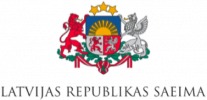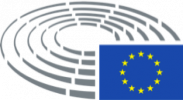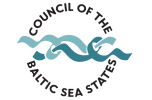On 8 March 2024, the Baltic Assembly convened a significant joint meeting of its Education, Science and Culture Committee and the Health, Welfare and Family Committee at the Seimas of the Republic of Lithuania, in Vilnius. This meeting highlighted the Assembly's dedication to fostering regional cooperation to enhance scientific excellence and healthcare systems within the Baltic States.
Despite the presence of brilliant scientists and excellent research institutions across the Baltic States, disparities in scientific performance and resource distribution persist. The meeting aimed to explore pathways for regional cooperation to elevate scientific visibility and excellence while ensuring the development of robust health systems for accessible and affordable medicine and treatment.
Cooperation regarding automatic recognition of higher education degrees
On the margins of the joint meeting, also trilateral meeting between the members of the Baltic Assembly, the Benelux Parliament and the Nordic Council regarding automatic recognition of higher education degrees in the region took place.
The Baltic Assembly together with the Benelux Parliament successfully worked towards mutual recognition of higher education diplomas in the Baltic and Benelux countries. In 2021, the hard work resulted in the Baltic and Benelux countries signing an agreement on the mutual automatic recognition of higher education qualifications. Since then the involved parties have ratified the agreement. “This agreement between regions concerning higher education is unique in Europe and serves as an example of automatic recognition across Europe,” said President of the Baltic Assembly Andrius Kupčinskas. He added that the meeting aimed to look into the future and exchange the views about further expanding this initiative started by the Baltic and Benelux countries. The automatic recognition of higher education degrees has been also a priority between the Baltic Assembly and the Nordic Council, and expanding the regional cooperation in this area is so important for the Baltic Assembly.
Vytautas Juozapaitis, Chair of the Education, Science and Culture Committee, emphasized the critical role of education in achieving societal potential in our modern world. “The mutual recognition of higher education diplomas in the Baltic, Benelux and Nordic countries would not be an easy task. However, we have to show Europe that it is possible. The mutual recognition of higher education diplomas in the whole of Europe is a goal that we need to strive for.”
Towards advanced cancer therapy in the Baltic States
A highlight of the discussion was the CERN and CERN Baltic Group's initiative for an Advanced Particle Therapy Center in the Baltic States, which promises a significant impact on cancer treatment. The project, previously discussed and supported in Tallinn in 2022, seeks to establish a cutting-edge research institution and clinical cancer treatment facility. Toms Torims, Convener of the Working Group on Advanced Particle Therapy Center for the Baltic States, shared the progress, including the formation of a 14-organization consortium since 2017 and the potential for pioneering cancer treatment technology development with CERN's collaboration.
The presentation by Toms Torims was followed by extensive discussions about the future of the joint initiative of the CERN Baltic Group and CERN on Advanced Particle Therapy Center for the Baltic States and the need to implement a full-scale feasibility study that was the recommendation of the Baltic Assembly.
Baltic Research Fund: a step towards enhanced collaboration
The meeting marked a pivotal moment in the research cooperation of the Baltic States – parliamentarians, government representatives, and experts of the Baltic States jointly agreed on the necessity of establishing a common Baltic Research Fund. Artūras Žukauskas, Member of the Education, Science and Culture Committee underscored the persistent need for a Baltic Research Fund to support collaborative research projects addressing regional issues. This initiative aims to foster collaboration among Baltic scientists and support research projects that tackle regional challenges.
The vision of the Baltic Assembly is to create a vibrant scientific community across the Baltic States, where researchers can easily collaborate and access funding for projects that benefit our region. This initiative not only aims to boost scientific excellence but also to engage our youth in science and business, driving productivity and innovation across the Baltic region.
Joint efforts in medicine accessibility and affordability
Antanas Vinkus, Chair of the Health, Welfare and Family Committee, reiterated the Assembly's priority for ensuring universal health coverage through affordable access to medicines. The Baltic States' commitment was exemplified by the 2012 Joint Baltic Drug Procurement Agreement, which aimed to reduce medicinal costs and improve accessibility. The meeting also addressed the need for continued cooperation in medicine procurement and the exploration of joint efforts to address medicine shortages efficiently.
Parlamentarians and experts discussed the challenges and opportunities of joint procurements, the publishing of the “Baltic Statistics on Medicines”, the similarities and differences in our pharmaceutical markets, and the feasibility of adopting successful models like the Benelux Initiative for sustainable medicine access at affordable costs.
Looking forward
The Baltic Assembly's joint meeting underscores a collective commitment to addressing key challenges in education, healthcare, and scientific research through regional cooperation. By pooling resources, knowledge, and efforts, the Baltic States aim to enhance their scientific and healthcare landscapes, ensuring a prosperous and resilient future for the region.
Photos
© Lietuvos Respublikos Seimas, Ilona Šilenkova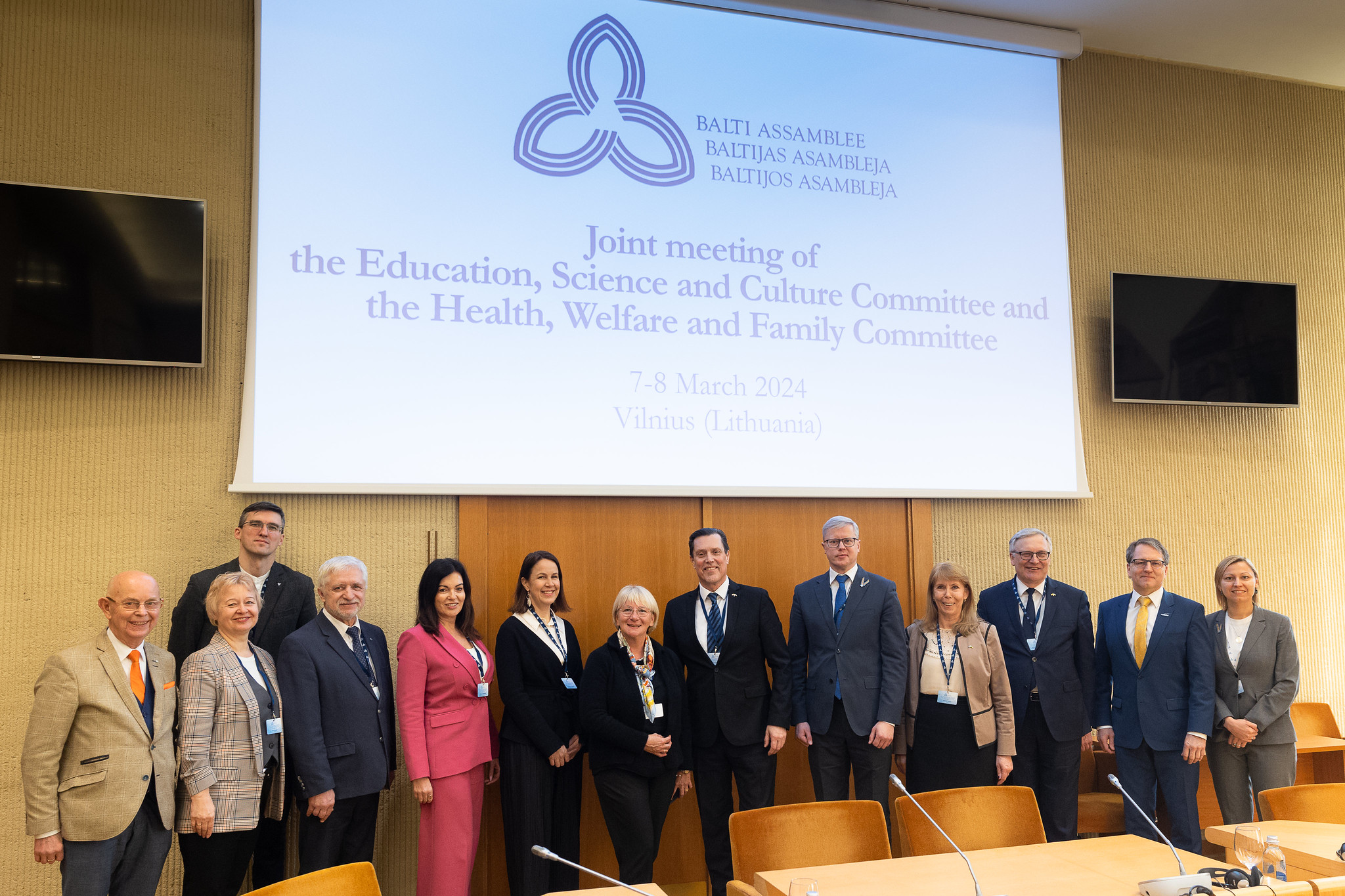
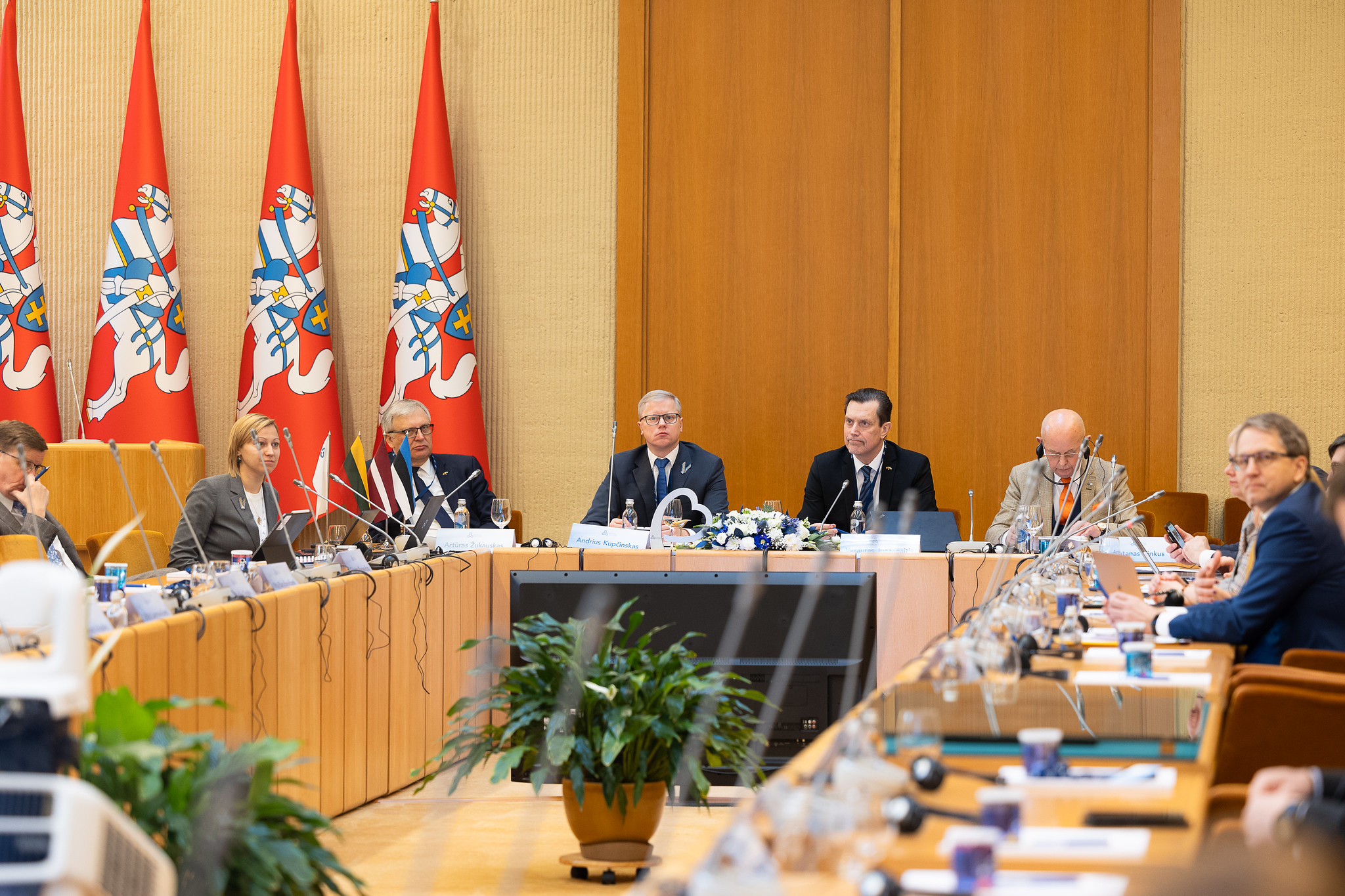
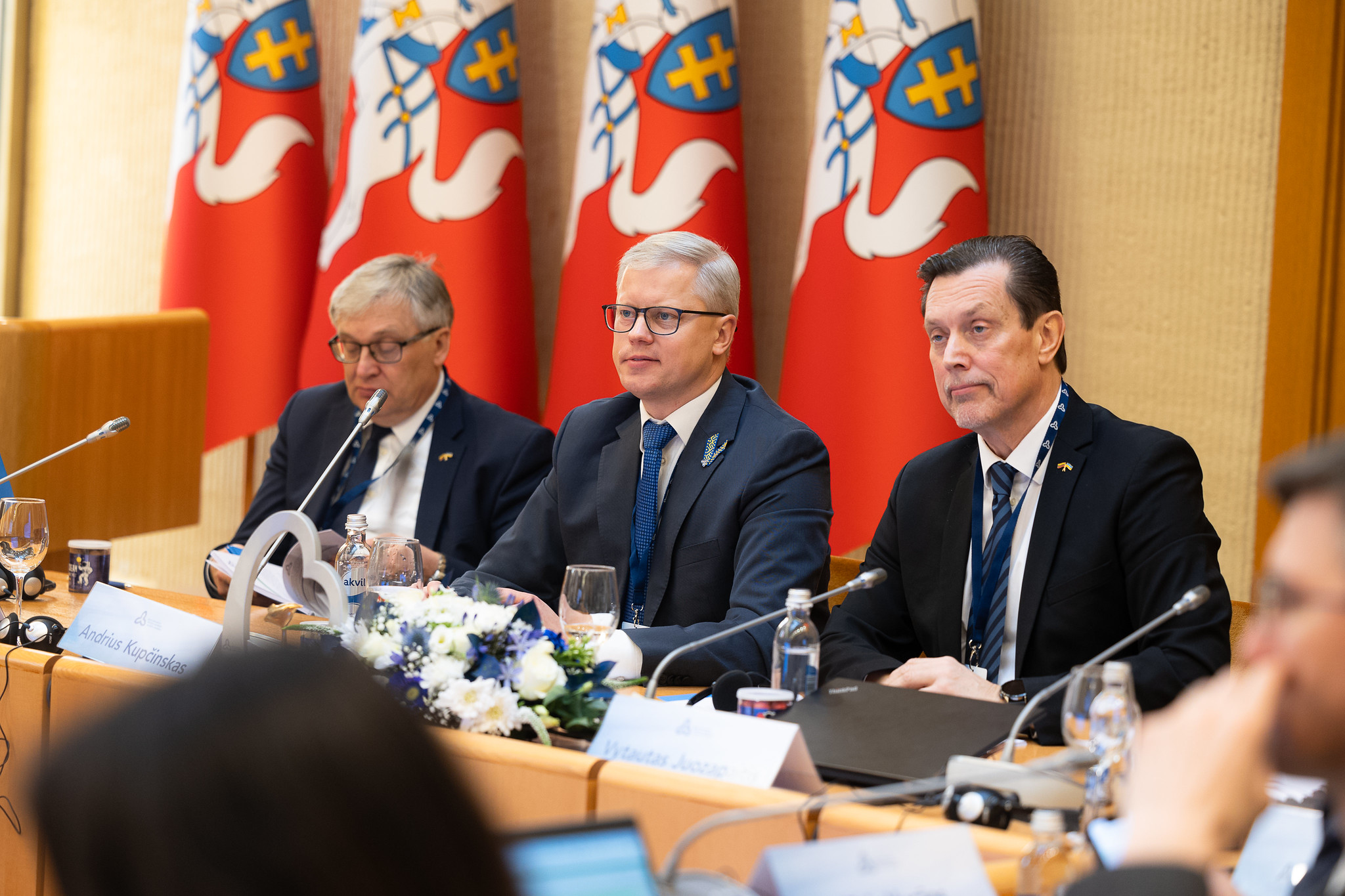
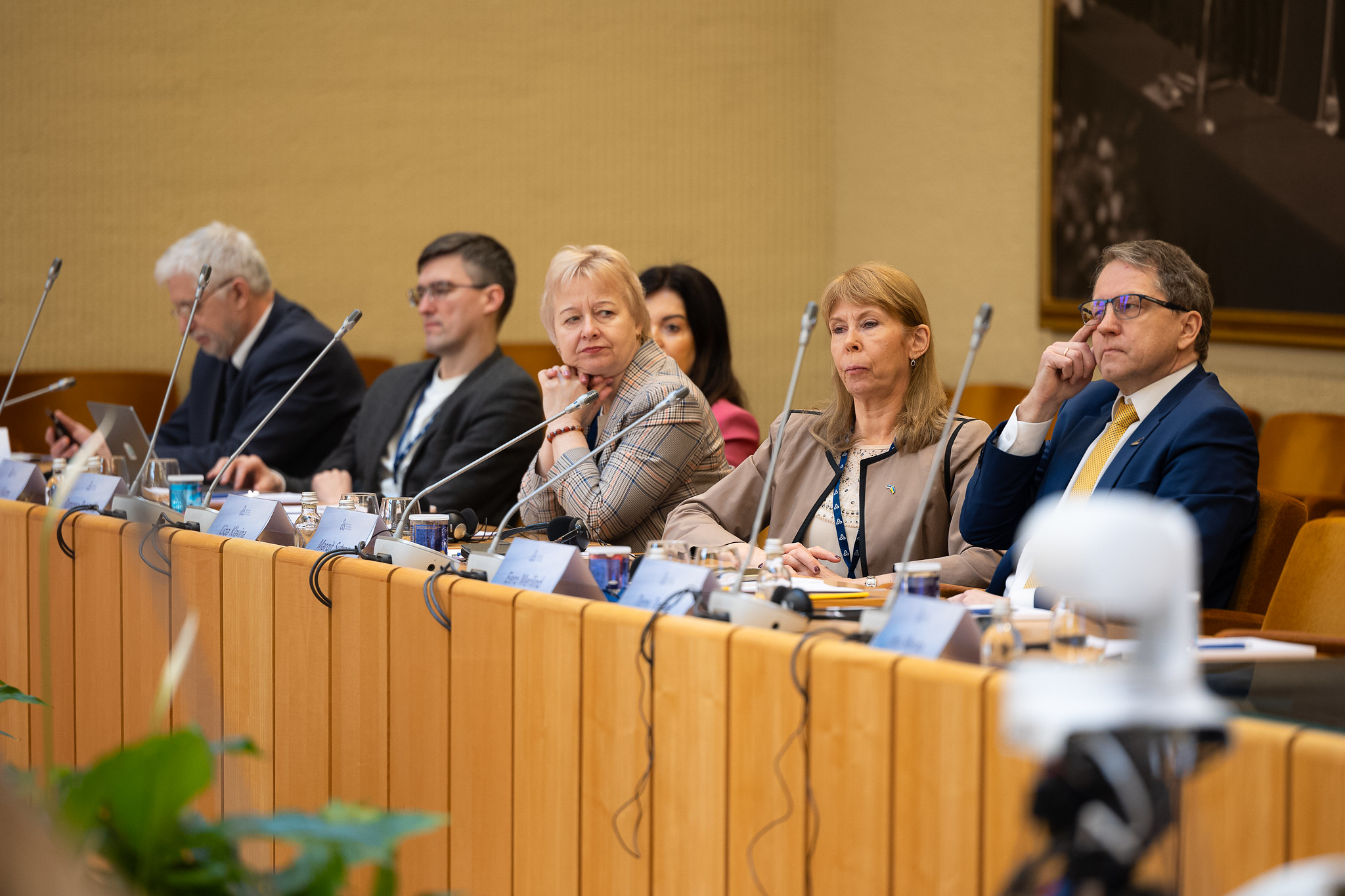
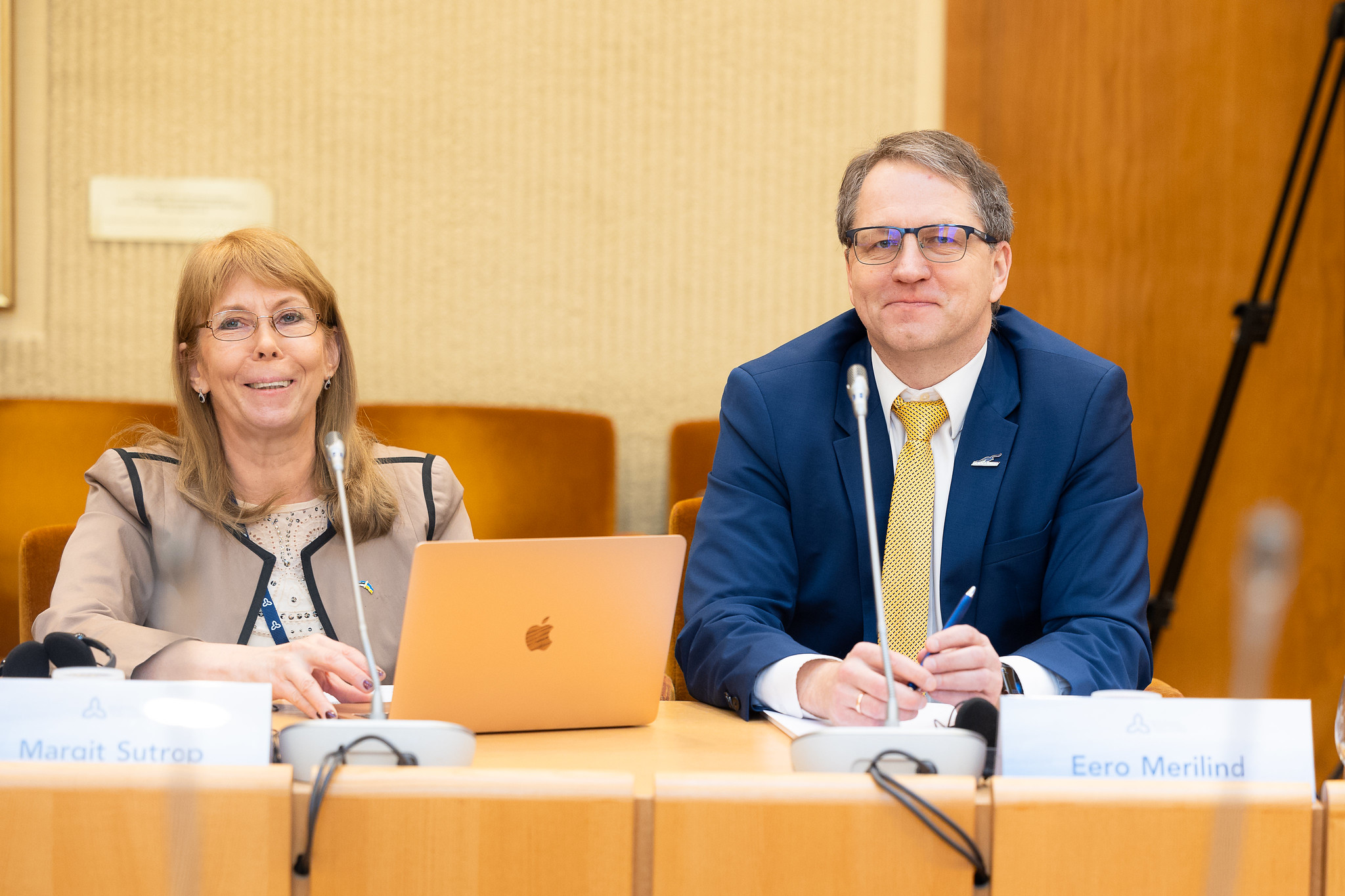
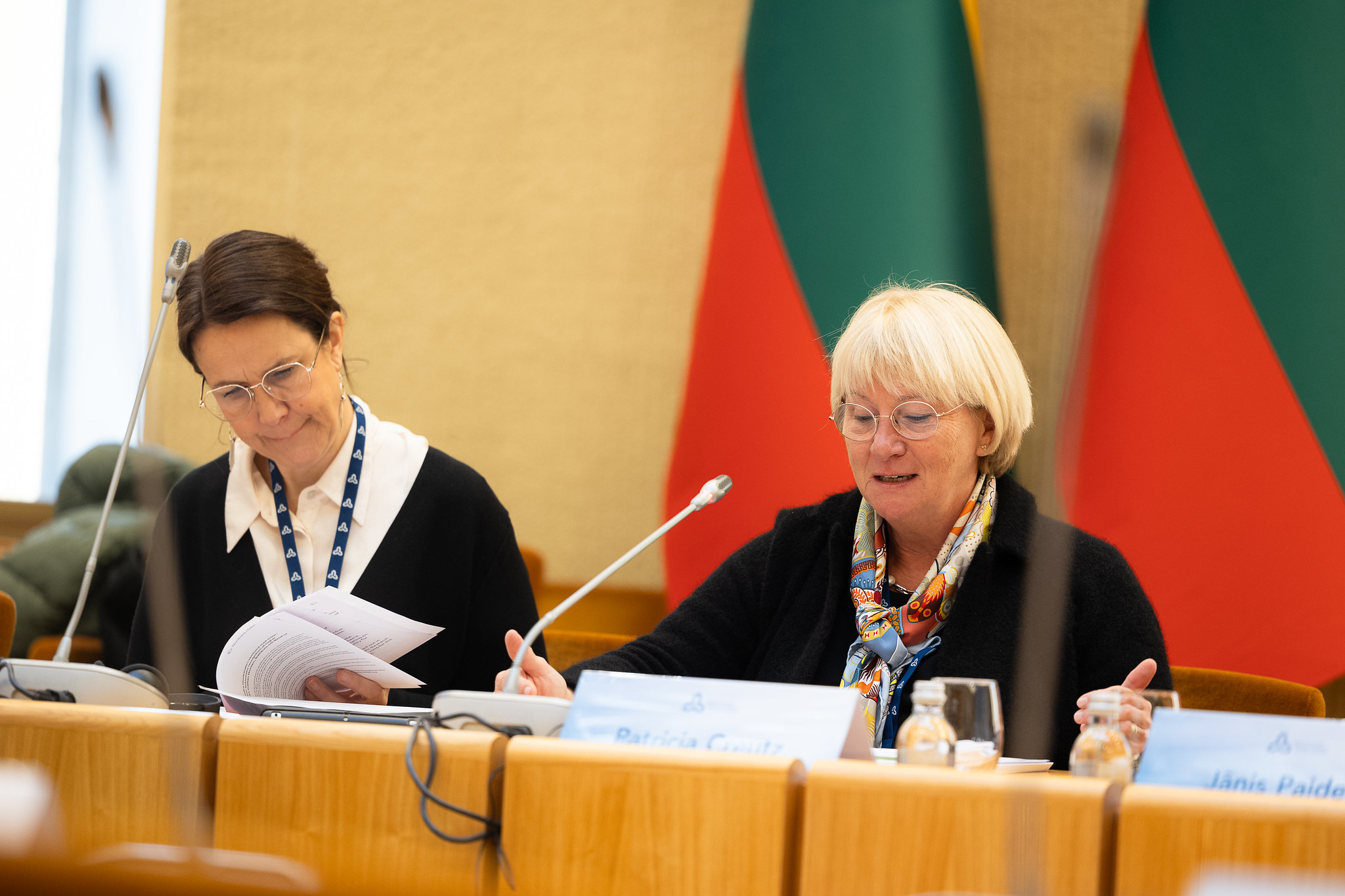
 Print
Print 

